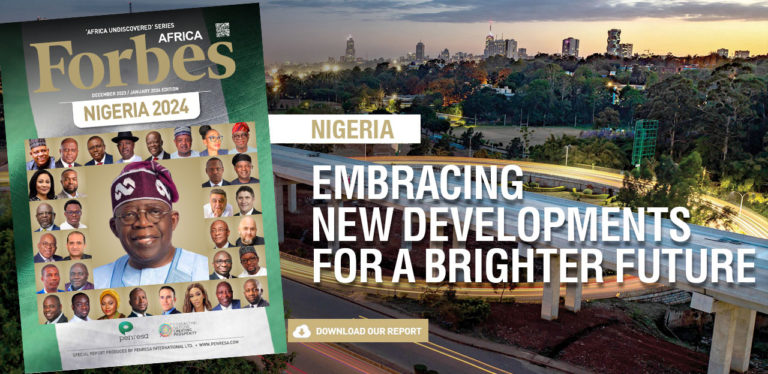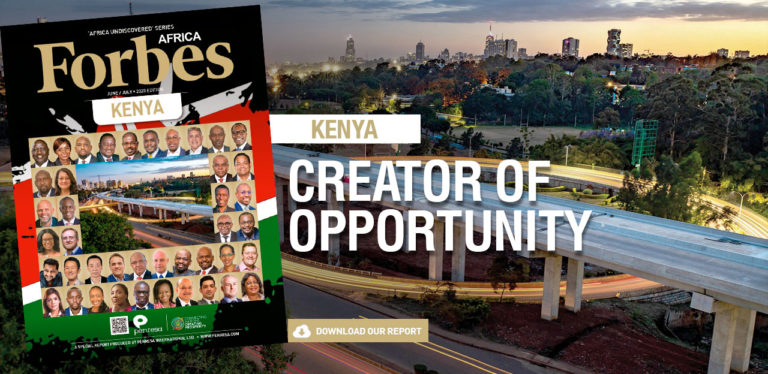Authored by: Dante Di Iulio
As the Tanzanian election edges closer, President Magufuli’s robust campaign seeks a second term to continue his impressive achievements throughout his first term.
In the past five years, his government focused on rebuilding systems, strengthening the economy and setting a good environment of doing business. Just in his first term, the Bulldozer, as he is affectionately known, has guided Tanzania to achieve its middle-income vision five years ahead of schedule.
Known for its cultural and tourist landmarks, Tanzania has been declared ‘COVID-free’, obtaining a tourism stamp of approval by the World Tourism and Travel Council (WTTC), an impressive accolade during a global pandemic. While Magufuli is not one to rest on his laurels, his 2020-2025 vision lists some crucial areas for concentration in propelling economic growth which his administration will focus on in his second term. It includes strengthening the financial sector, inclusion of the private sector in economic development, fighting poverty at both individual and national levels, improvement of entrepreneurship and strengthening the Tanzania Social Action Fund (TASAF).
Some of the most impressive work done by the Magufuli administration was its domestic revenue generation. In September 2019, the Tanzania Revenue Authority (TRA) collected over US $735 million in taxes, the highest amount ever collected since the entity inception in 1996. This was made possible through various techniques, including fostering supervision of the use of Electronic Tax Stamps (ETS). Of the US $14 billion spent during the 2019-20 financial year, US $8 billion was sourced in the form of domestic tax revenue collection. This plan to raise revenue collections has rapidly created an enabling environment for Tanzania’s industrialization journey.
Tanzania’s industrialization agenda has already managed to create six million jobs in the past five years through various development projects. Looking forward, the Magufuli administration demands the creation of a further eight million jobs, mainly targeting youths in both formal and informal sectors. This massive boom in employment is expected to come from the major ongoing and new projects set for the coming five years. Some of the projects include connecting all remaining villages to electricity, supply of water to both urban and rural areas, construction of roads, bridges, flyovers including 11 flyovers in Dar es Salaam, finishing the construction of Standard Gauge Railways (SGR) and many others. There is also the planned US $30 billion liquefied natural gas (LNG) in Lindi Region.
Moving toward electricity, the Rural Energy Master Plan focuses on connecting all villages to the grid, an important initiative for a middle-income nation. Since coming to power, the number of villages with electricity has risen by 7000 to 9700 total. Currently, less than 2700 villages remain without electricity. The vision is to electrify all villages by June 2021, which will arrive before the final construction of the Julius Nyerere Hydropower project. The total electrification of the country will lead to a tenfold growth in SMEs and overall socio-economic development.
Launched in 2000, the objective of the Tanzania Social Action Fund TASAF is to enable poor households to increase incomes and opportunities while improving consumption. TASAF has recently witnessed 200,000 of the 1.1 million enrolled households graduate from the programme due to the enhancement of their living standards. With 20% of the crop set to move on, new poor households will be enrolled to benefit from the various initiatives aimed to improve their lives. Overall, TASAF has bee effective in fighting poverty while granting citizens a voice to make decisions on local and rural projects.
While the COVID-19 pandemic has not impinged heavily on the economy, the Tanzanian health sector has grown substantially under Magufuli. In the previous 50 years of independence, only 77 District level hospitals were constructed, whereas in the past 4 years alone, 101 such hospitals were constructed and equipped with local funds.
The Magufulization of Tanzania has undoubtedly left the nation far better off than it was in 2015. Whether discussing economic growth, socio-economic prosperity or ease of doing business, the land of the Kilimanjaro has become a beacon to behold for the rest of the continent. In just five years, the nation has achieved middle-income status, is on the verge of becoming fully electrified and generates enough domestic revenue to develop its own projects. This government has shown that it recognizes and values the role of the private sector in building a strong national economy that ultimately benefits all citizens.
The past five years have built tremendous tracks for the path ahead. Tanzanians should remind themselves when entering the voting booth this week, the tremendous progress they have made and the prosperous future that awaits them, should they continue on this path.





















